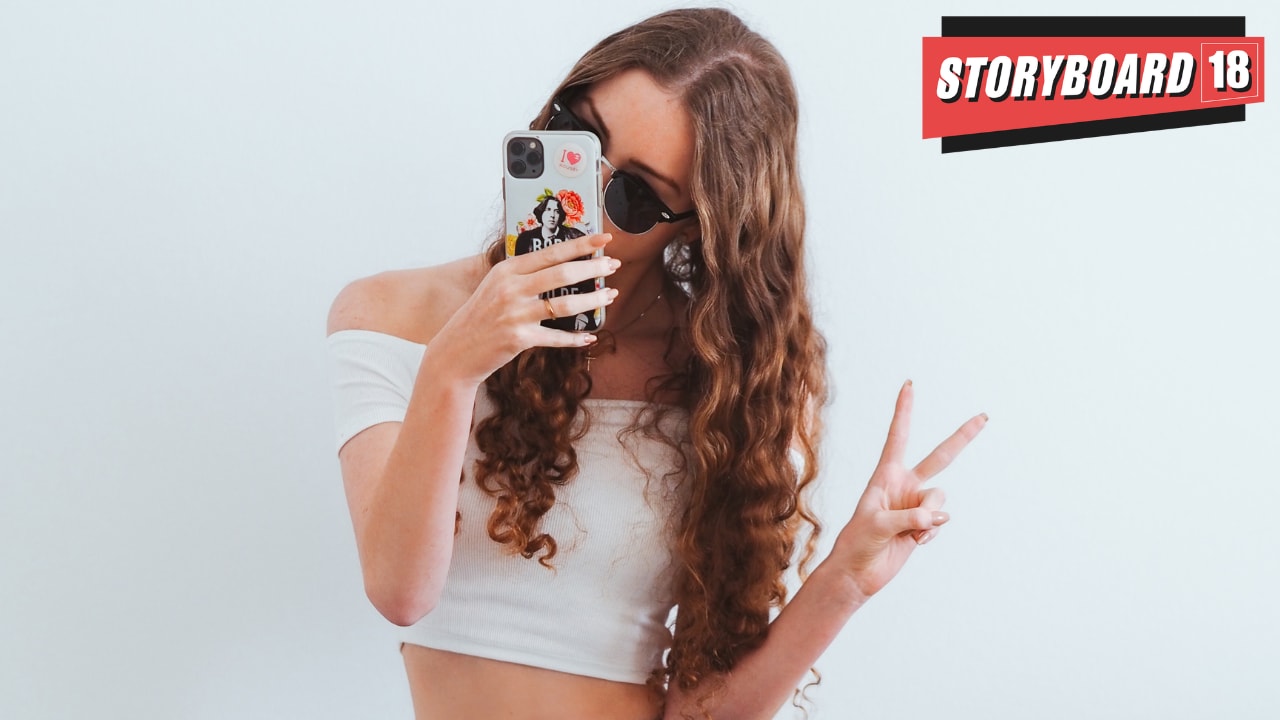Content creators are seeking a sort of accreditation from the government to identify those among them who comply with guidelines, something like what the ISI mark does for industrial products in India. The government is not ruling out this demand.
Thanks to discussions between stakeholders in the creator space and the government, the Department of Consumer Affairs is now open to collaborating with creators and considering their suggestions for a better ecosystem. This change in approach has made creators feel that the government is not interested in policing them but rather providing a supportive platform for growth. This move is expected to ease the regulatory burden and allow for a more robust industry.
During the recent roundtable organised by the Department of Consumer Affairs with influencers, content creators and their agencies, accreditation was just one of the many proposals given by creators to the government.
One suggestion from creators was that integration disclosures should only come in the content when the creator talks about the product. Jalak Rawal, CEO at influencer marketing agency Taag.one, explained that unlike celebrity advertisements, creators incorporate products as a part of a larger content piece. However, placing integration disclosures throughout the content, especially videos, often makes it skippable.
Creators are also looking at an alternative to using the ‘paid partnership’ tool. Instead, they want to add the disclosure in the caption.
“The paid partnership label often reduces the organic reach of the content which can be detrimental to both the creator and the brand investing in the creator. We could use hashtags or simply mention them in descriptions and captions,” Rawal said.
“The government is concerned about the possibility of misinformation and the power that influencers hold to influence the public. The intention is to ultimately protect the end consumer alongside ensuring that the process is not a burden for any parties involved,” Rawal added.
Read More: #TBH: Influencer business must iron out flaws in the ecosystem
According to Viraj Sheth, co-founder and CEO at another influencer management agency, Monk Entertainment, the government’s attention on influencer marketing indicates the industry’s legitimacy.
As per Statitsa, the statistics platform, as of 2022, the influencer marketing industry in India was valued at over Rs 1,200 crore. It was projected to grow at a compound annual growth rate of 25 percent over the next five years to eventually hit Rs 2,800 crore by 2026.
“The meeting clarified some myths, such as the penalty for first-time offenders, certification requirements for finfluencers and the fact that alcohol advertisements are not allowed, even in surrogate terms. More forums and meetings will be held in the future to create a framework for the industry’s operation and we are looking forward to it,” said Sheth.
Prasad Ved Pathak aka urindianconsumer said the content space will finally be rid of “subtle promotion”.
Pathak said that the government is also planning to go after gambling and betting ads and promotions. Using children in content creation is another area under the scanner.
